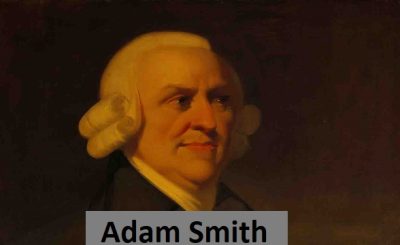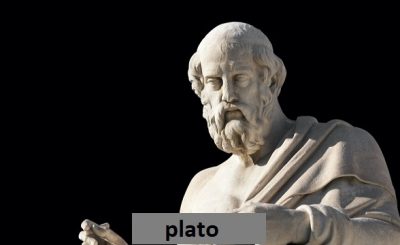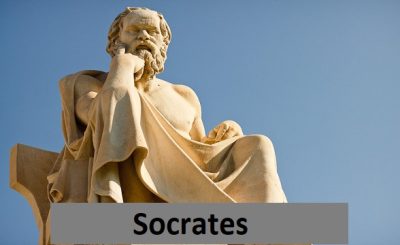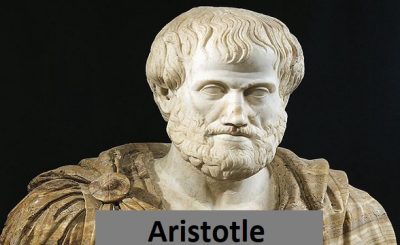Montesquieu, whose full name is Charles-Louis de Secondat, baron de La Brède et de Montesquieu, was a French political philosopher whose most famous work, The Spirit of Laws, made a significant contribution to political theory. He was born on January 18, 1689, in Château La Brède, near Bordeaux, France, and died on February 10, 1755, in Paris.

Early life and career
Montesquieu’s mother, Marie-Françoise de Pesnel, was a devout woman of some English ancestry, and his father, Jacques de Secondat, was a retired military man from a modestly wealthy family who had been knighted in the 16th century for services to the crown. She significantly increased the value of the priceless La Brède wine-producing estate for her husband.Her oldest child, Charles-Louis, who was seven years old at the time of her death in 1696, received the barony of La Brède. In 1700, after receiving his education first at home, then in the village, he was sent away to school. The institution was a college called Collège de Juilly, which was situated in the diocese of Meaux not far from Paris.It received a great deal of support from Bordeaux’s prominent families, and the priests of the Oratory, to which it belonged, offered a solid education that followed contemporary and enlightened principles.
Charles-Louis left Juilly in 1705, continued his education at the University of Bordeaux’s faculty of law, earned his degree, and passed the bar exam in 1708.Later, he seems to have relocated to Paris to gain legal experience in the real world. When his father passed away in 1713, he was forced to return to Bordeaux. Two years later, he wed the wealthy Protestant Jeanne de Lartigue, who gave him a respectable dowry of 100,000 livres and eventually gave birth to two daughters and a son named Jean-Baptiste.Charles-Louis valued and made use of his wife’s business acumen, and he was happy to delegate management of the estate to her when he visited Paris. He doesn’t, however, seem to have been very devoted to her or faithful. When his uncle Jean-Baptiste, baron de Montesquieu, passed away in 1716, he left his nephew his estates, including the barony of Montesquieu, which is located close to Agen, and the position of deputy president.in the Bordeaux Parliament. He held a somewhat dignified position. Although there was a stipend, it wasn’t a sinecure.
At the age of 27, young Montesquieu was now in a stable social and financial situation. He settled in to carry out his judicial duties (engaging in the minute study of Roman law to this end), to manage his property, and to further his knowledge of the sciences—especially geology and biology. He studied these subjects at Bordeaux’s newly established academy, along with physics.
With the exception of a select few close friends, he surprised everyone in 1721 by publishing his Lettres persanes (Persian Letters, 1722), in which he painted a brilliant satirical portrait of French civilization, and especially Parisian civilization, as purportedly observed by two Persian travelers. This incredibly popular work mocks Louis XIV’s reign.which had just come to an end, makes fun of all social classes, and explores Thomas Hobbes’ theories on the state of nature through the allegorical tale of the Troglodytes. Additionally, it consistently contrasts Islam and Christianity while making an original, if naive, contribution to the field of demography.reflect the controversy surrounding the papal bull Unigenitus, which was intended to silence the sectarian Roman Catholic group known as the Jansenists, satirize Catholic doctrine, and are permeated with a fresh spirit of ferocious, disrespectful, and iconoclastic criticism throughout. As soon as the work’s secrecy was broken, Montesquieu rose to fame.The fresh concepts brewing in Paris had found their most fascinating expression.
Montesquieu now aimed to complement his literary success with social success. When he traveled to Paris in 1722, the duke of Berwick—a Stuart prince in exile whom he had known when Berwick served as military governor at Bordeaux—helped him get into court circles.The rakish duc d’Orléans served as the court’s regent and set the tone for court life, which Montesquieu did not find repugnant. During this time, he met the English politician Viscount Bolingbroke, whose political beliefs would later be reflected in Montesquieu’s analysis of the English constitution. But in Paris, he had grown less interested in the routine business of the Parlement in Bordeaux. He took offense at the fact that his intellectual rivals were more successful in court than he was. His office could be sold, so in 1726 he did so in order to help himself and restore his fortunes, which had been severely damaged by life in the capital.in an effort to gain entry into the Académie Française by giving credence to his claim that he was a Paris resident. In October 1727, a vacancy there occurred. With the help of Madame de Lambert’s salon, who vigorously promoted Montesquieu’s cause, he won the election and took office on January 24, 1728.He may have stayed in Paris to take advantage of this official acknowledgement of his talent. On the other hand, despite being older than most nobility when he began the grand tour, he was determined to finish his education through international travel. In April 1728, he and Lord Waldegrave left their wife in charge of the estate at La Brède and headed for Vienna.He chronicled his travels in a book that was as fascinating as any from the 18th century. He spoke with Prince Eugene of Savoy, a military and statesman, in Vienna about French politics. He unexpectedly went into Hungary to look at the mines.






